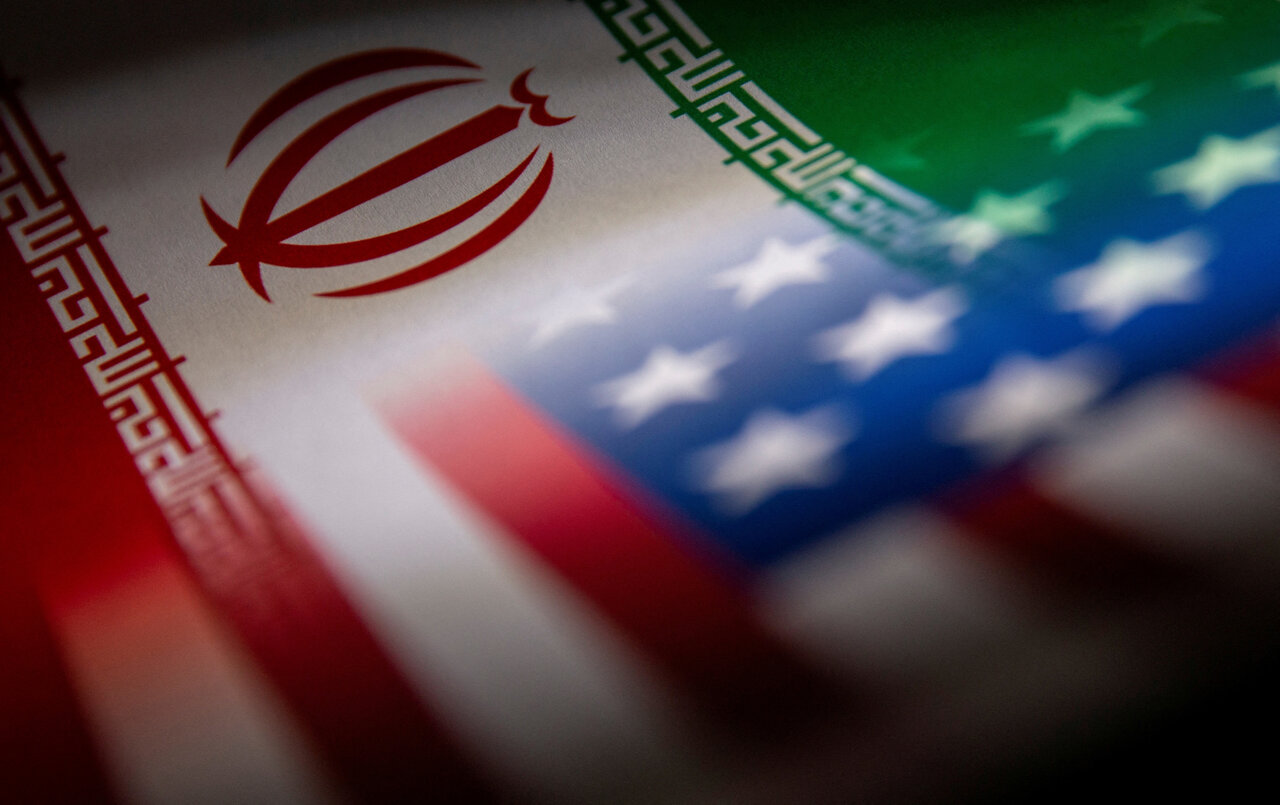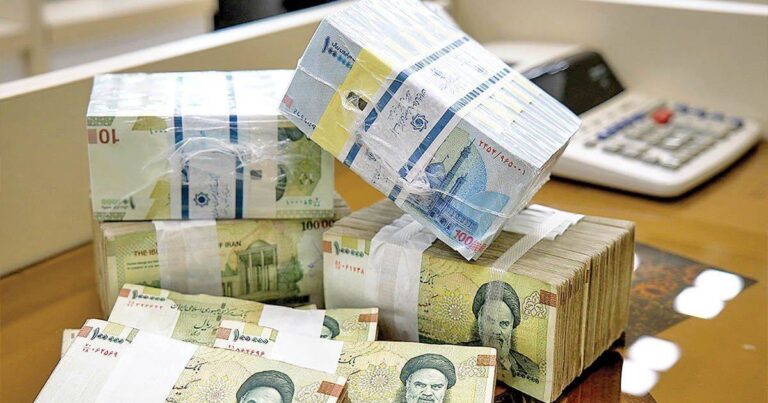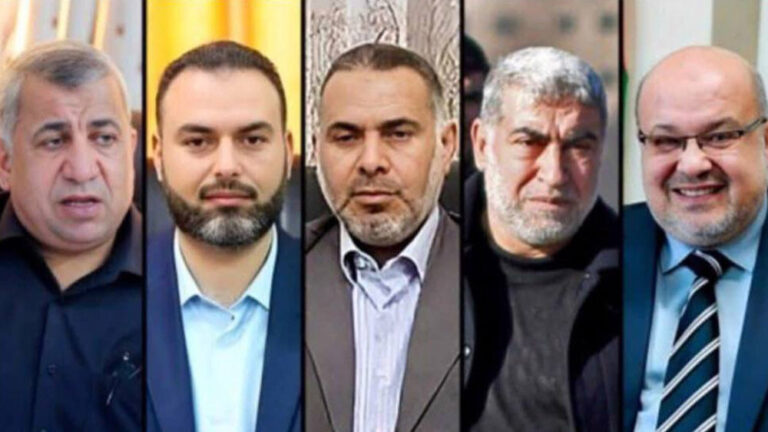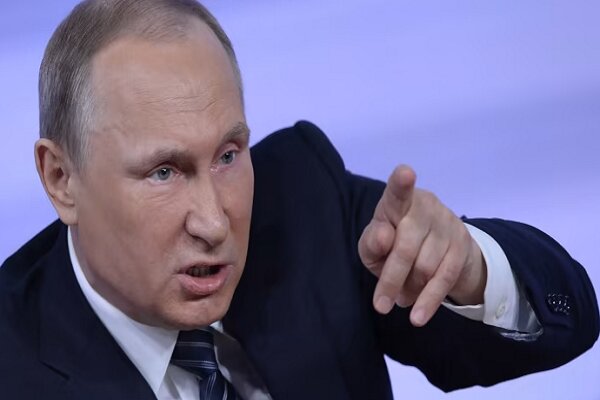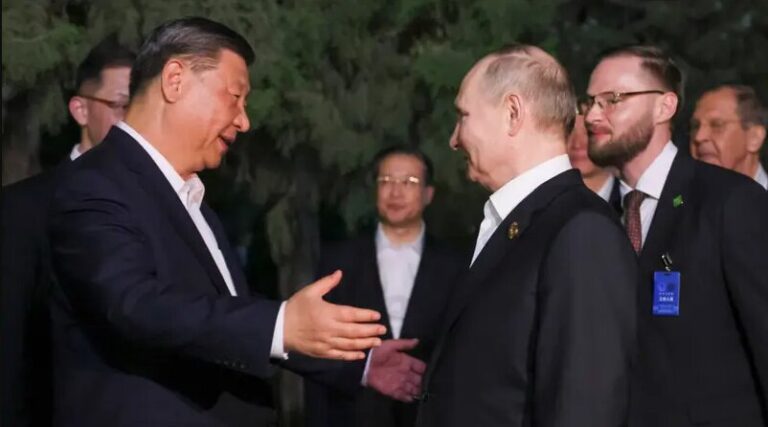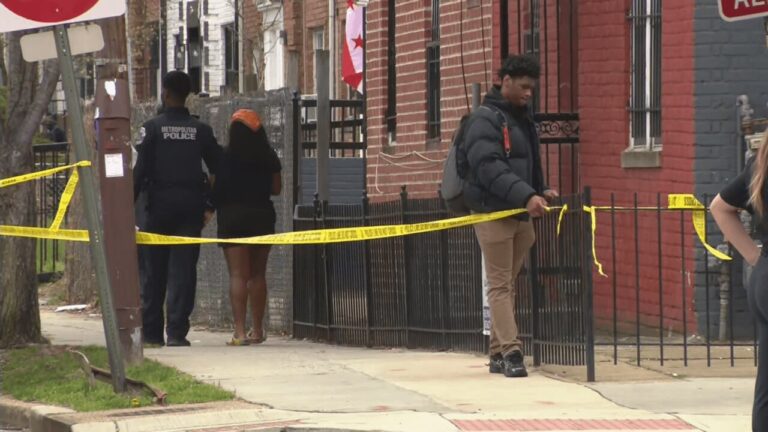Next Week’s Indirect Iran-US Talks Set to Continue: Insights from Iran’s Foreign Minister
In recent developments, Iranian and United States delegations convened in Muscat, Oman, to engage in crucial discussions regarding the Iranian nuclear program. This meeting highlights the ongoing efforts to navigate the complexities surrounding nuclear negotiations between the two nations.
The Iranian Foreign Minister, Abbas Araghchi, emphasized the importance of reaching a “fair agreement” with Washington. He stated, “Our intention is to reach a fair and honorable agreement on an equal footing,” as reported by Middle East Eye. This sentiment underscores Iran’s desire for equitable terms in the ongoing negotiations.
Araghchi expressed optimism about the potential for compromise, noting, “There is a chance” for progress “if the other side” adopts a similar stance. This highlights Iran’s willingness to engage constructively in the dialogue, as both parties seek a resolution to the nuclear issue.
Leading the Iranian delegation, Araghchi arrived in Muscat on Saturday to participate in indirect talks with the U.S. delegation, which is headed by Special Envoy to the Middle East, Steve Witkoff. The choice of Muscat as the negotiation venue reflects Oman’s role as a neutral facilitator in Middle Eastern diplomacy.
On the same day, Araghchi met with Omani Foreign Minister, Badr bin Hamad al-Busaidi, to discuss the arrangements for the indirect talks. Al-Busaidi’s involvement as a mediator is crucial for fostering a conducive atmosphere for dialogue between Iran and the United States.
- Location: Muscat, Oman
- Key Participants: Abbas Araghchi (Iran) and Steve Witkoff (U.S.)
- Meeting Purpose: Discuss the Iranian nuclear program
- Mediation Role: Oman’s Foreign Minister, Badr bin Hamad al-Busaidi
The backdrop of these discussions is the ongoing tension surrounding Iran’s nuclear ambitions and the international community’s response. The negotiations aim to address concerns about nuclear proliferation while ensuring that Iran’s rights and interests are respected.
Araghchi’s remarks reflect a cautious optimism as he reiterated Iran’s commitment to finding common ground. He highlighted that the success of these talks hinges on the willingness of both sides to approach negotiations with an open mind and a genuine desire for cooperation.
The indirect nature of the talks indicates a strategic choice by both parties to navigate sensitive issues without direct confrontation. This format allows for flexibility in communication while reducing the risk of misunderstandings that could derail the negotiations.
As the discussions progress, key issues are expected to revolve around Iran’s nuclear activities, the lifting of sanctions, and regional security concerns. Both delegations are under pressure to demonstrate tangible progress, given the scrutiny from both domestic and international stakeholders.
In conclusion, the ongoing talks in Muscat represent a significant step in addressing the Iranian nuclear program. With both sides expressing a willingness to engage, there is hope for a breakthrough that could lead to a more stable and secure future in the region.
